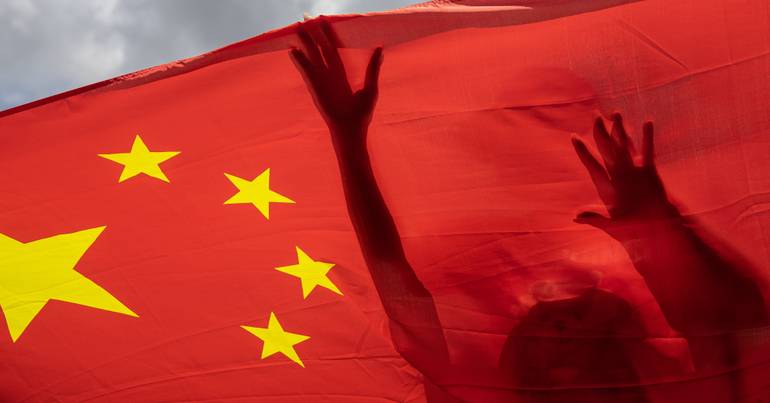

In a world continually shifting between challenges and innovations, two recent events demonstrate varied human experiences and efforts. One involves a sensitive educational decision at a Chinese university, while the other highlights the proactive environmental initiatives taken by Ecuador in the Galápagos Islands. These stories, though distinct, underline the complexities of institutional policies and environmental stewardship, each reflecting broader societal themes.
In China, a university’s decision to expel a student following her relationship with a foreign individual has sparked significant discussion online. The decision has been described by some social media users as akin to a stringent and outdated approach to personal freedoms. This incident has drawn attention not only to the specific circumstances surrounding the expulsion but also to broader issues concerning individual autonomy and the dynamics of cross-cultural relationships in educational settings.
The notion that a university can exert control over students’ personal lives, particularly in regard to their relationships, raises questions about the role of educational institutions in governing personal choices. It underscores a tension between traditional values and modern societal norms, especially in the context of global interconnectedness. As students increasingly become part of a global academic community, such policies may face more scrutiny and call for a balanced approach that respects individual rights while acknowledging cultural norms.
Moving to another part of the globe, the establishment of a laboratory dedicated to the analysis of microplastics marks a significant advancement in Ecuador’s environmental focus. Located on the island of Santa Cruz within the Galápagos archipelago, this new facility is set to play a critical role in understanding the presence and impact of microplastics in one of the world’s most unique ecosystems.
The Galápagos Islands, renowned for their unique biodiversity, are now better equipped to tackle the growing concern of plastic pollution that threatens marine and coastal ecosystems. The lab aims to analyze the plastic components affecting these areas, providing crucial insights into the extent of pollution and its effects on marine life. This knowledge is essential for developing strategies to mitigate pollution and preserve the islands’ natural heritage.
Plastic pollution has become a pervasive issue globally, infiltrating habitats far from urban centers. The creation of this laboratory is a proactive step that demonstrates Ecuador’s commitment to environmental research and conservation, highlighting the importance of scientific collaboration in addressing complex environmental challenges.
The juxtaposition of these two stories reflects the diverse landscape of modern challenges and responses, each highlighting different aspects of human impact and adaptation. Whether navigating personal rights within educational frameworks or addressing environmental issues in fragile ecosystems, these scenarios illustrate the ongoing balancing act between tradition and innovation, individual freedom and community well-being.
The narratives also remind us of the interconnectedness of societal concerns—a university’s policy may affect personal freedoms just as environmental policies influence the health of our planet. Both require thoughtful consideration, inclusive dialogues, and, where possible, a mindful approach to finding solutions that respect the dignity of individuals and the needs of our natural environment.
In summary, the world continues to face multifaceted challenges, each requiring unique solutions and collaborative efforts. Educational institutions and environmental initiatives alike must navigate a landscape of evolving expectations and responsibilities. By fostering understanding and conversation, society can work toward a future where freedom and preservation go hand in hand, paving the way for a balanced and sustainable world.
Source: {link}
